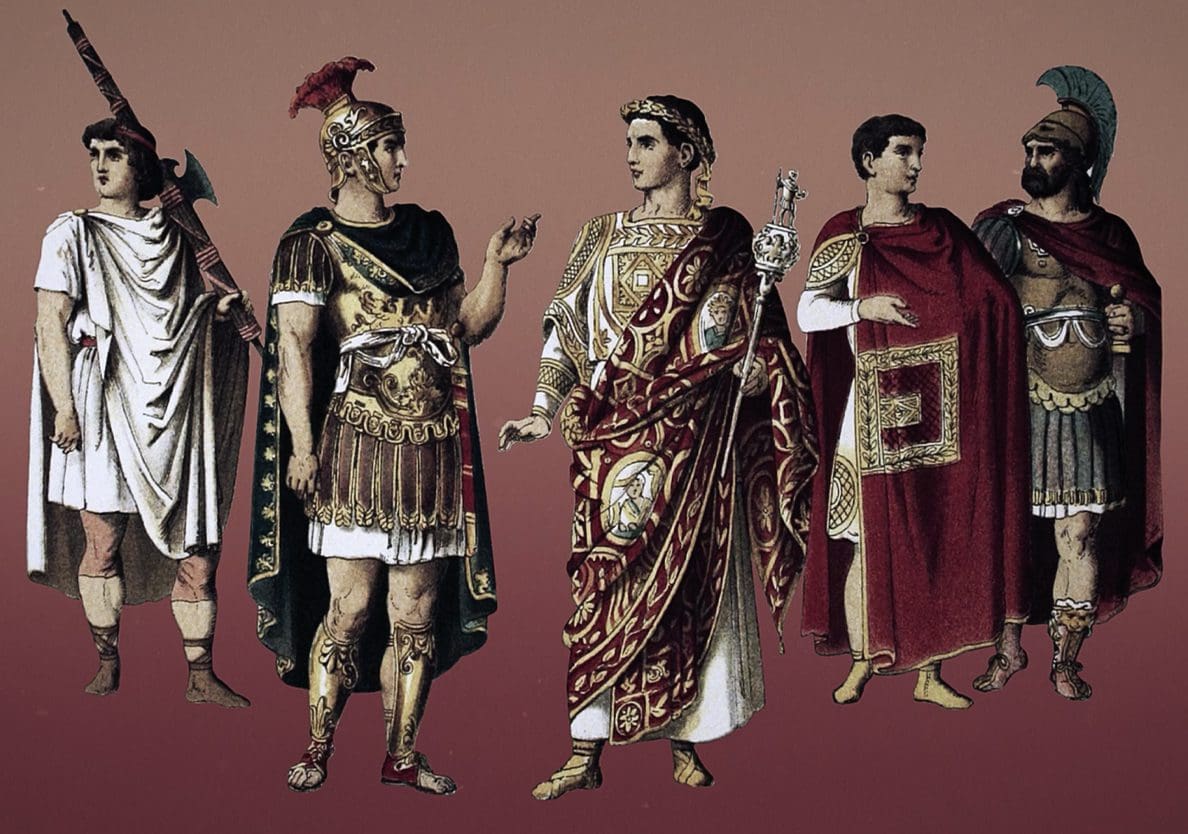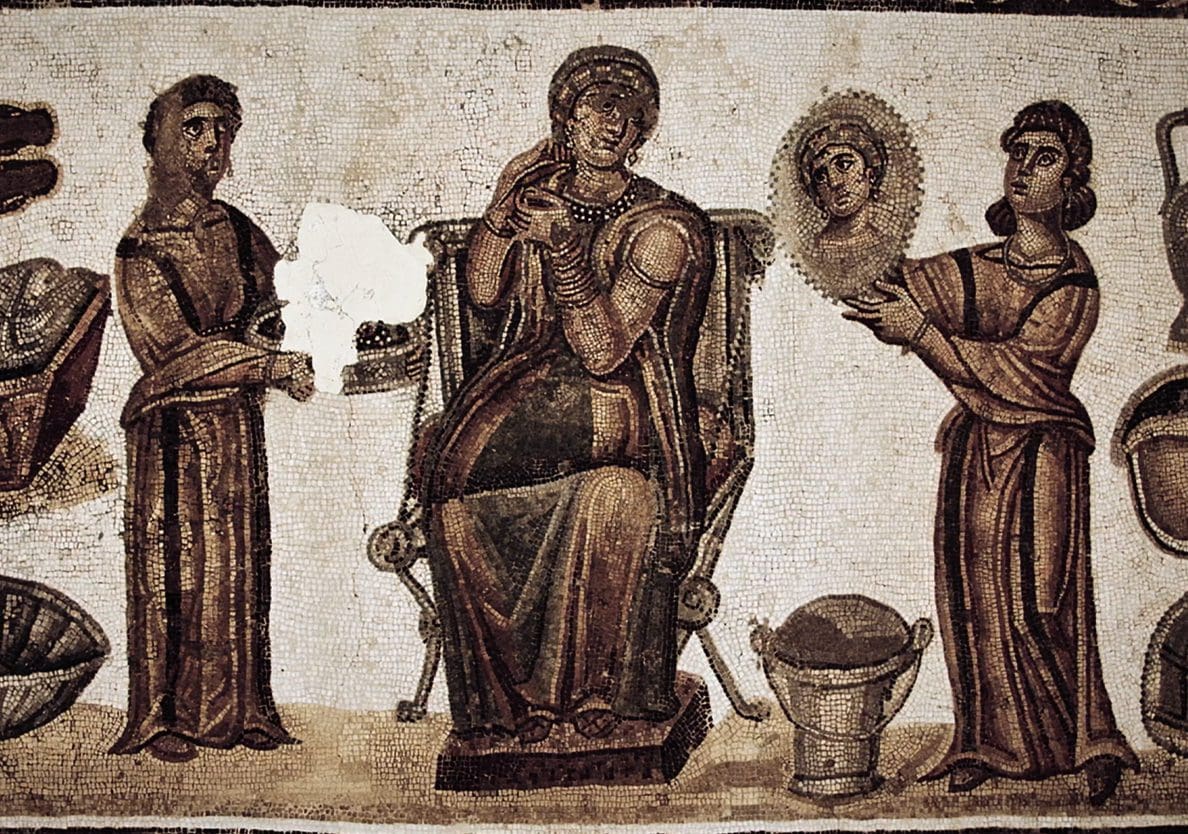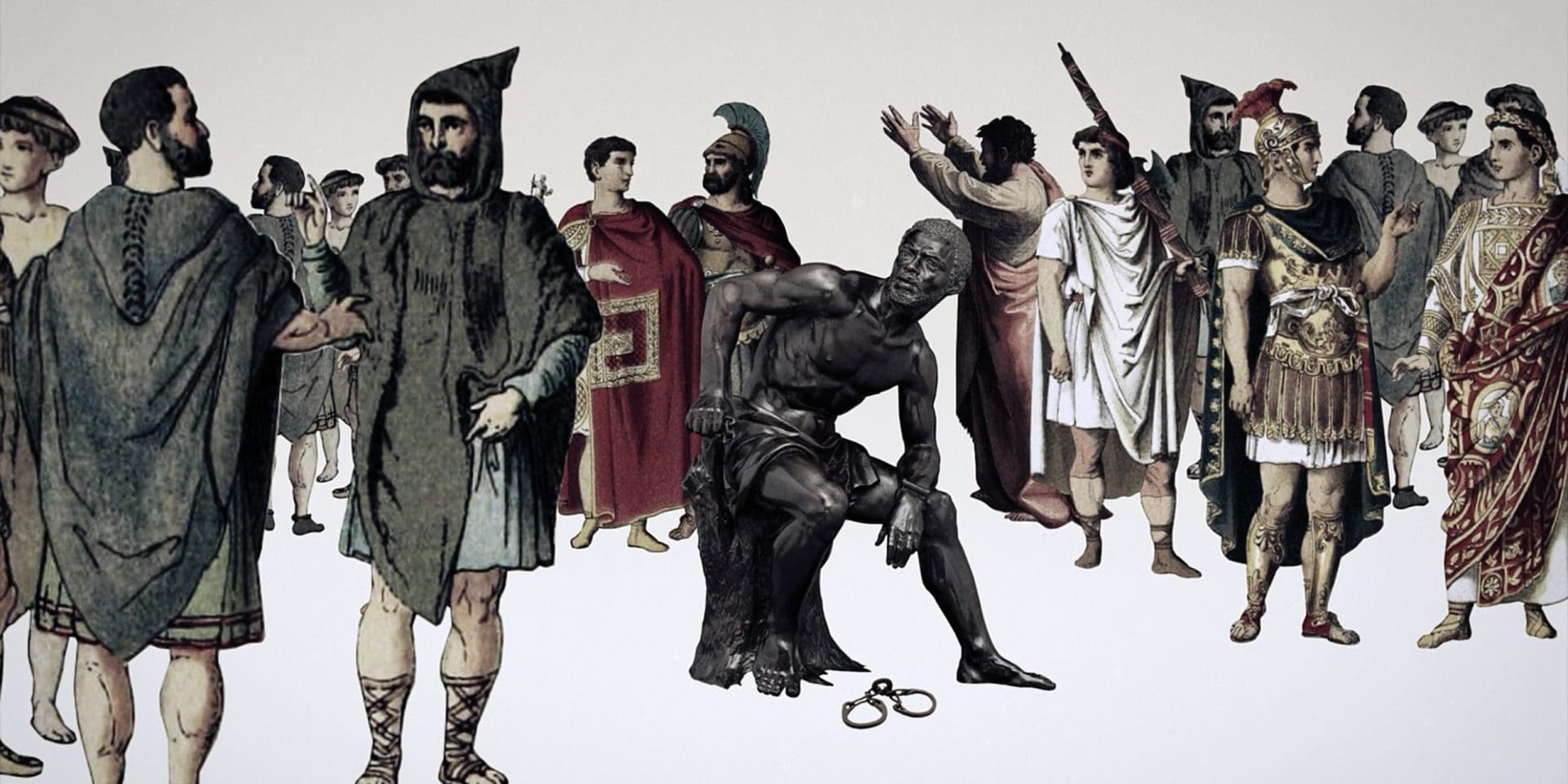The events and theology recorded in the New Testament of the Bible happened in the first century AD, and in the vast area ruled by the Roman Empire. Naturally then, knowing the cultural backdrop of the Roman world is important to understanding many references and cultural allusions of the New Testament. One such issue is that of citizenship and slavery. There was a large status divide within Roman society between people who had Roman citizenship and those who were slaves.
Elite society was largely sustained through slave labor, but this slavery should not be confused with its more modern forms. In the Roman Empire, slavery was not based off culture, race, or the colour of your skin. Slaves could be captured in warfare, born into slavery, or go into slavery due to criminal activity. People could also choose to sell family members or themselves into slavery due to dire financial issues.


The circumstances in which slaves lived varied drastically. Slaves serving a family in urban settings were said to be much better off, often living with their master families, having close relationships with them that could aid in them being granted positions of great authority within the family, or being given status as a freedman: A once slave turned free, and given Roman citizenship. Slaves living in rural conditions on country estates and farms are spoken of in ancient literature as generally having more difficult lives. They were involved in physical labour, and not in close proximity to their master or family and, therefore, did not have the same access for relationship development and opportunities. While urban and rural contexts would make a difference in the slave’s life, the personality of the owner had an even larger impact. Slave were entirely at the mercy of their owner’s temperament. With legal protection favouring the owner.
“For the one who was a slave when called to faith in the Lord is the Lord’s freed person; similarly, the one who was free when called is Christ’s slave.”
1 Corinthians 7:22
Interestingly, going into Roman slavery was compared with death, because when you became a slave all your previous relationships and social ties were cut. Your marriage was nullified, family relationships severed, your business and partnerships ended, legal protection of your personhood was removed, anything that you did in your old life was removed and you now served your master with all of yourself. This concept of a slave dying to their old lives and living a new life for their master is interesting given the apostle Paul’s discussion of how Christians were to see themselves. As slaves of Christ, purchased, dead to themselves and living only for God.
Roman slavery did not have to be permanent, however. Slaves could purchase or be granted their freedom and become freedmen. They were still required to pay respect to their former owner, and work for them for a set time each year, but they could become legal citizens and rise quite high in Roman Society. It is important to note however, that just because the possibility for freedom was there, did not mean that it was attainable for all or even most Roman slaves.

Corie Bobechko is a daily co-host, speaker, and writer of Bible Discovery. She also hosts a YouTube channel that shows how history and archaeology prove the Bible. Her heart for seekers and skeptics has led her to seek truth and share it with others. Corie also has a Bachelor of Theology from Canada Christian College.
• Byron, John. “Archaeological Views: A Tale of Two Slaves,” Biblical Archaeology Review 39.4 (2013): 24, 57.
https://www.baslibrary.org/biblical-archaeology-review/39/4/9
• 2011, The Cambridge World History of Slavery, vol. 1. The Ancient Mediterranean World, eds. P. A. Cartledge & K. R. Bradley, Cambridge: Cambridge University Press
https://www.academia.edu/4063270/_Slavery_and_the_Roman_Family_






